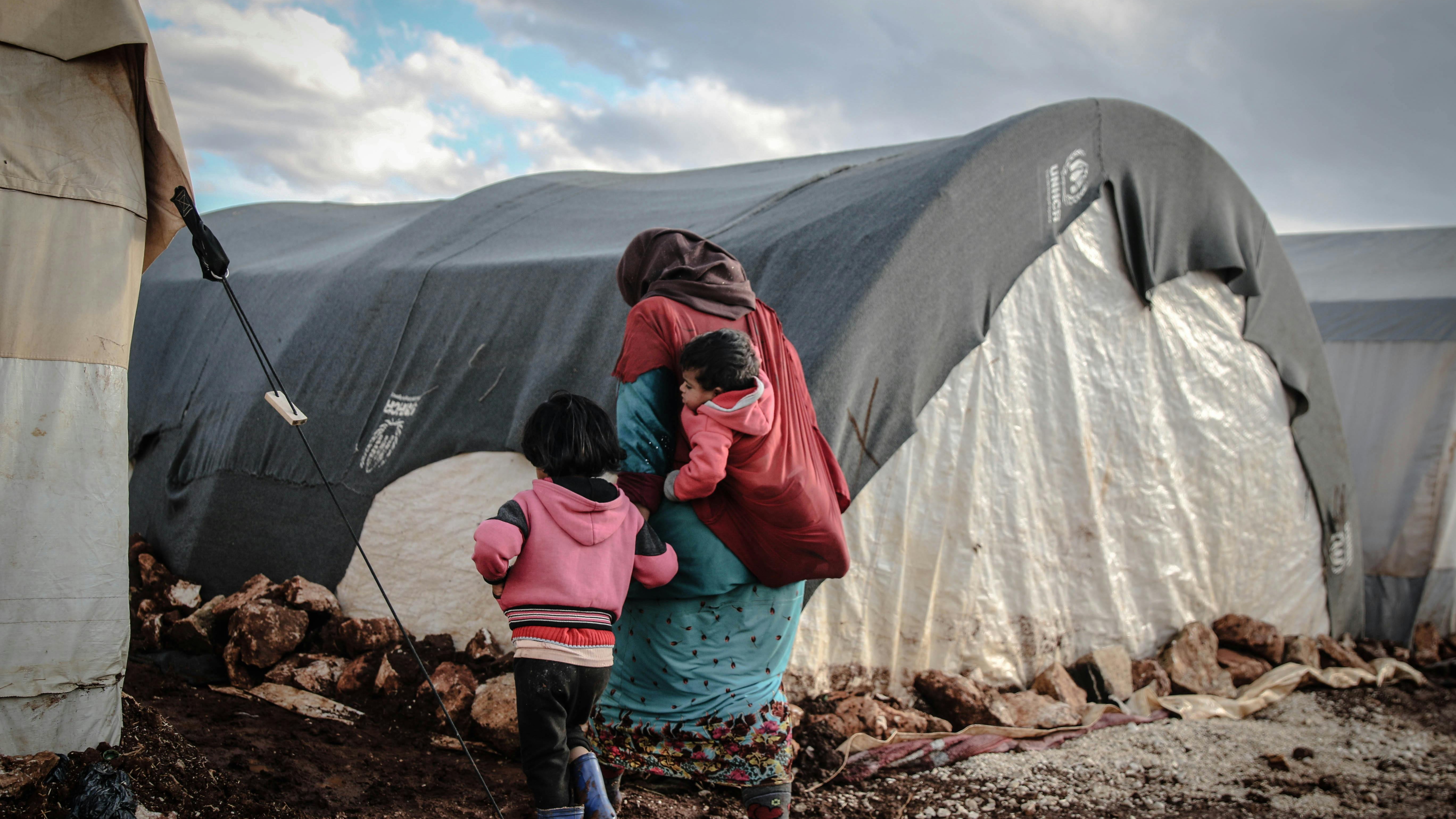
The Dire Consequences of Recent Funding Cuts
The humanitarian landscape in Georgia is grappling with profound changes. At the forefront is CARE USA, a notable organization headquartered in Atlanta, which has recently laid off hundreds of employees domestically and thousands internationally. This decision stems from significant cuts to federal foreign aid, a painful consequence of the Trump administration's austerity measures aimed at reshaping the USAID's budget. With a jaw-dropping $165 million reduction in their grant funding, CARE has had to cancel vital programs that once served nearly 18.4 million people across 32 countries—programs that helped improve education, expand internet access, and support various humanitarian endeavors.
The Ripple Effects on Humanitarian Aid
The cuts resonate beyond CARE; they threaten to disrupt the entire support system for humanitarian initiatives. Ritu Sharma, CARE’s Vice President of U.S. programs and policy advocacy, highlighted the challenges posed by reduced funding: "If the money stops flowing to them, they don’t have the wherewithal to continue. That partner infrastructure has just been devastated.” This statement underscores a crucial point: the local organizations that work in tandem with CARE and similar organizations rely on consistent financial support to function effectively. Without this, the implementation of critical programs becomes precarious.
Understanding the Context
The backdrop to these funding cuts lies in a broader narrative of skepticism towards foreign aid that gained ground during the Trump administration. An executive order signed in January—prompting a review of all foreign aid for 90 days—suggested that U.S. aid was misaligned with American interests. Proponents of foreign aid, however, argue that the moves consequentially undermine global cooperation and exacerbate crises in vulnerable regions. As CARE grapples with the immediate practical ramifications of funding cuts, many question the long-term impact on global political and social stability.
Predictions for Future Humanitarian Efforts
With the current trajectory, humanitarian agencies are poised to face heightened challenges. Experts warn that decreased funding will lead to not just the reduction of services, but potentially increased instability in affected countries. Nicholas Enrich, in a memo as acting assistant administrator for global health, noted that halting aid could lead to "increased death and disability, accelerate global disease spread, and contribute to destabilizing fragile regions." Such insights illuminate a daunting picture for the future of global health and humanitarian assistance, posing pressing questions about the efficacy and values behind U.S. foreign policy.
Empowering Local Communities
Despite the daunting landscape, there's a silver lining: the opportunity for local empowerment. Organizations can harness community resources and partnerships to innovate and maintain their programs. By focusing on grassroots initiatives, local entities can foster resilience and adaptability in the face of dwindling support from larger organizations. Emphasizing community-driven support not only fortifies local capacities but also cultivates a sense of agency among those who benefit from these services.
A Call to Action for Local Support
If you want to make a difference in your community, consider supporting local humanitarian organizations. Whether through volunteer work, fundraising, or advocacy, your efforts can help maintain crucial services impacted by these cuts. Strengthening community bonds and supporting grassroots initiatives not only aids local charity efforts but also enhances the overall resilience of communities facing economic constraints.
 Add Row
Add Row  Add
Add 




Write A Comment